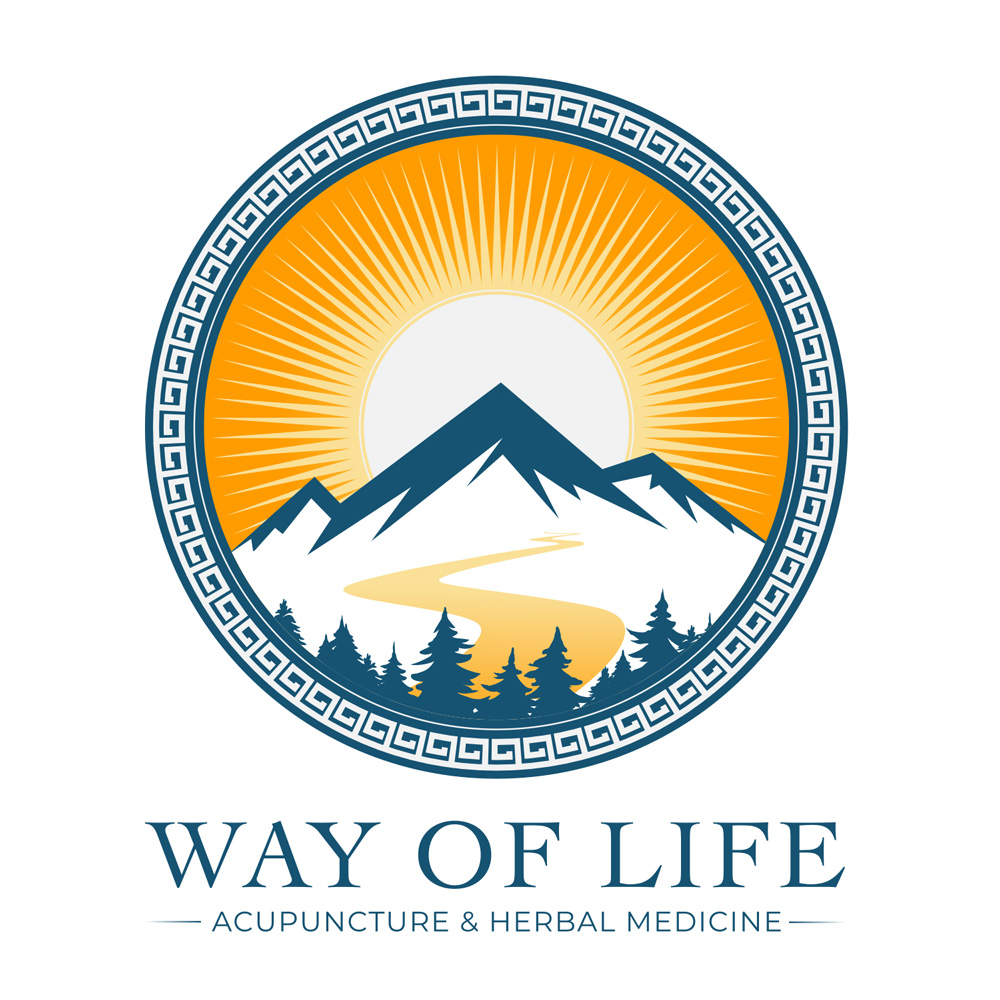“Forgiveness is the fragrance the violet sheds on the heel that has crushed it.”
— Mark Twain
There is a quiet power in nature that reminds us how to live. The violet, fragile and low to the ground, can be crushed underfoot — yet it responds not with bitterness, but with fragrance. In this simple act, it teaches us something profound: that true healing often comes not from resistance, but from the grace of letting go.
In our healing practice, we encounter countless forms of pain — physical, emotional, ancestral. And often, buried beneath the tension in the neck or the inflammation in the gut lies an old wound: a betrayal, a heartbreak, a story of abandonment. These injuries don’t always show up in lab results, but the body holds onto them, quietly shaping our health and perception of life.
But what if, like the violet, we chose not to harden under pressure but to soften?
What if the most radical act of healing wasn’t found in another treatment, another cleanse, another search for external resolution — but in the internal shift of forgiveness?
Forgiveness is not forgetting
It’s not condoning the hurt or erasing the past. It’s a release — a decision to stop carrying what weighs you down. When you forgive, your nervous system relaxes, your breath deepens, your pulse slows. Energy that was locked in defense begins to move again. The body, finally, begins to heal.
This is not just poetry — it’s biology.
The systems of the body respond immediately to inner states. Holding onto resentment activates the same stress pathways that chronic illness often rides on. But the moment we allow compassion — even quietly, even imperfectly — the tides begin to turn. Forgiveness is not just emotional hygiene. It’s a medicine.
Nature teaches this rhythm constantly
A tree does not cling to its dead leaves in winter. A river doesn’t protest the rocks that obstruct it; it moves around them and keeps flowing. When we remember our connection to the rhythms of life — to change, decay, renewal — forgiveness begins to make sense, not just morally, but naturally.
The violet does not forgive because it is weak. It forgives because that is its nature. And it thrives not despite the pressure of life, but in response to it.
A Practice to Begin
If you’re holding something heavy — a grudge, a memory, a name you haven’t spoken in years — take a few breaths and rest your hand on your chest.
Ask yourself:
What am I still carrying?
Is it helping me live fully?
What would it feel like to begin to let go?
Even the smallest shift in your body — a softening in the shoulders, an exhale — is the beginning of something greater.
Forgiveness, like healing, is not a moment but a process. It unfolds gently, like spring returning after a hard frost.
At Way of Life Acupuncture, we hold space for this unfolding — through touch, through herbs, through listening. If you are navigating the process of healing, whether it’s physical pain or emotional weight, we are here to walk beside you.
You don’t have to carry it alone.
Reach out to explore how your body and heart might begin again — not by forgetting what was, but by remembering who you are beneath the weight.





